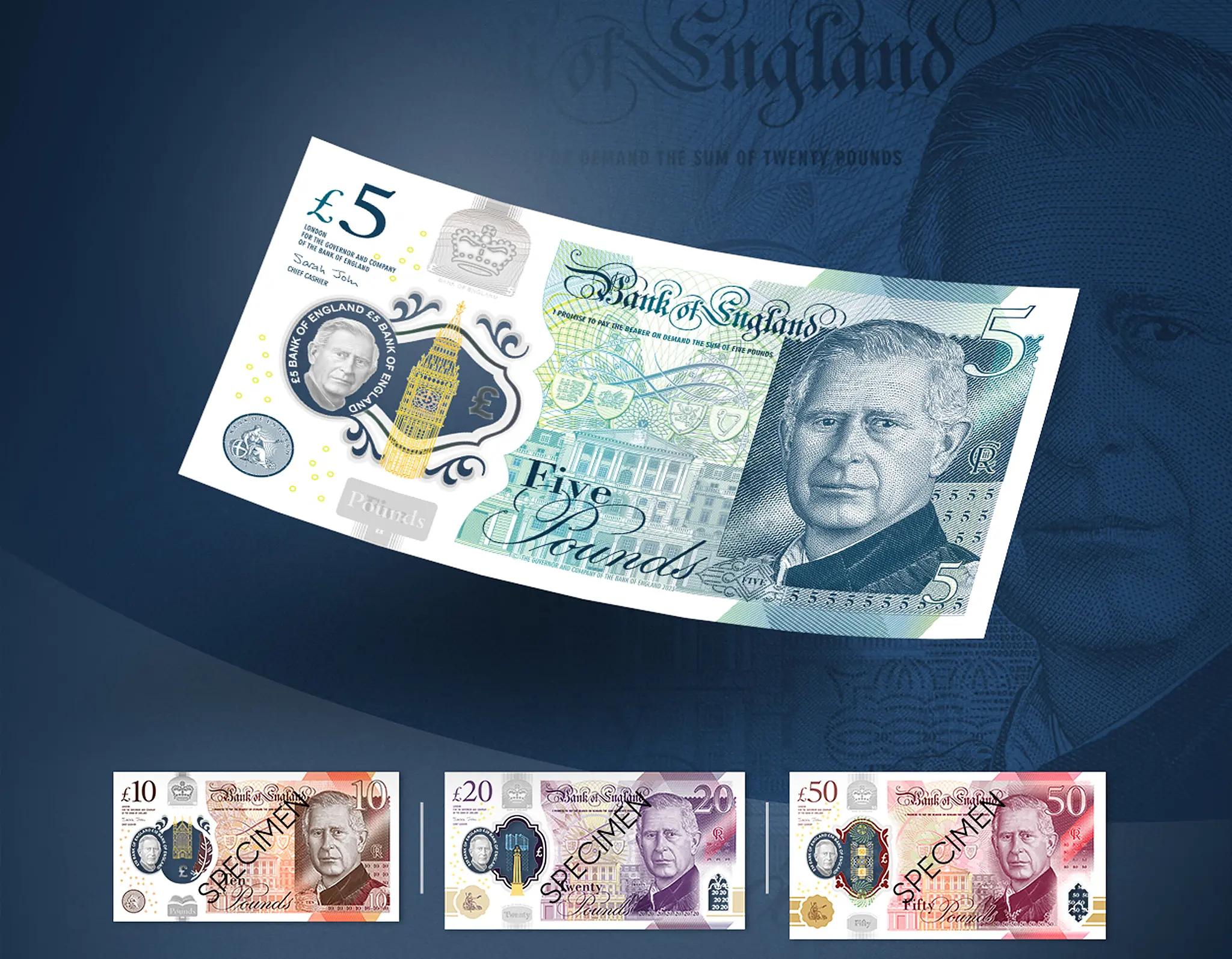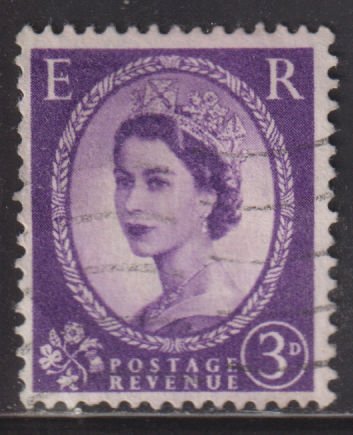
Introduction
King Charles III ascended to the throne in September 2022, following the death of his mother, Queen Elizabeth II. His reign comes at a pivotal moment for the British monarchy, as public expectations evolve and modern challenges surface. Understanding King Charles’ role is crucial not only for British citizens but for citizens of Commonwealth nations who look to the Crown for guidance and stability.
Significance of King Charles
As the first British monarch born after World War II, King Charles’ upbringing was steeped in the traditions of the monarchy, yet he has endeavoured to adapt those traditions to fit a modern context. Known for his environmental advocacy and dedication to social issues, King Charles aims to reshape the public’s perception of the monarchy. He established The Prince’s Trust in 1976, which has since supported more than a million young people and continues to add value to the UK through various initiatives.
The King’s recent engagements signal a shift towards a more inclusive monarchy. He has made significant efforts to address contemporary issues such as climate change, social justice, and mental health. In a world facing numerous crises, King Charles embodies a sense of proactive leadership, urging both citizens and political leaders to take collective action towards sustainability.
Recent Developments
King Charles has been involved in several notable events since his coronation, including the massive coronation ceremony held at Westminster Abbey in May 2023. This event was attended by dignitaries from across the globe and represented a blend of traditional pomp infused with modernity.
Moreover, King Charles’ approaches have met with mixed reactions. While many support his progressive stances, some traditionalists express concerns regarding the monarchy’s deviation from conventional customs. Nevertheless, surveys indicate a gradual increase in public support for the monarchy under his reign, particularly among younger generations.
Conclusion
The future of the monarchy in the UK under King Charles’ leadership remains uncertain but filled with potential. As he continues to navigate the complexities of modern governance and public expectation, his vision for a more engaged and responsive monarchy may redefine its relevance in the twenty-first century. The King’s efforts to address urgent issues suggest a commitment to creating a lasting positive impact, hinting at a monarchy that seeks to be more than just a ceremonial institution but a significant part of societal advancement. As both challenges and opportunities arise, the responsiveness of King Charles will be pivotal in shaping the future of the British monarchy.
You may also like

The Legacy of Queen Elizabeth II: A Historic Reign

The Role of the King of Jordan in Contemporary Politics
